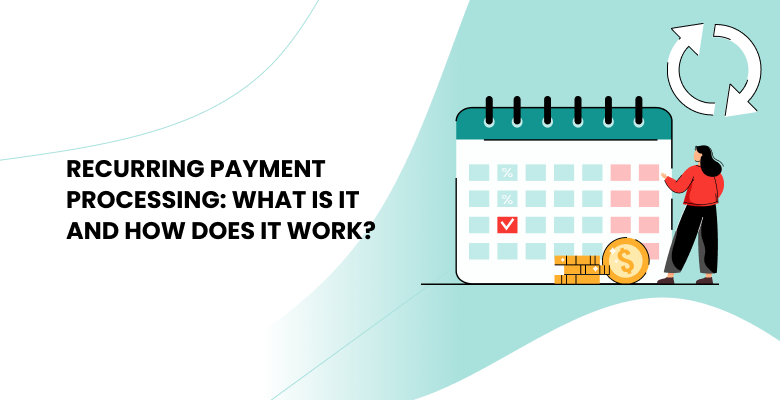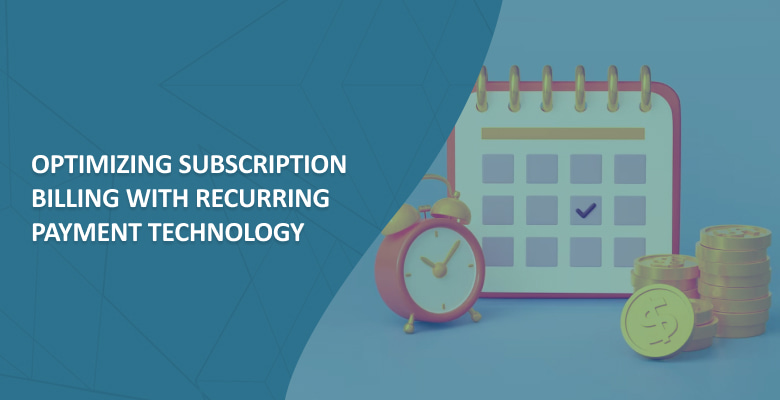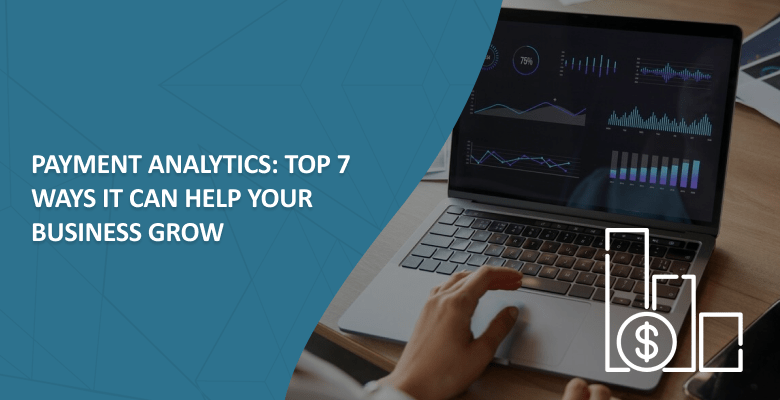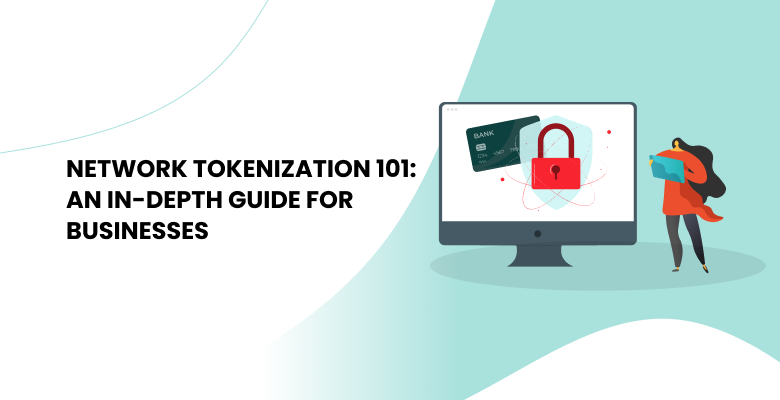
- What is a recurring payment?
- How do recurring payments work?
- The role of tokenization in securing recurring payments
- Recurring payment types
- What types of businesses use a recurring payment?
- How can recurring payments benefit your business?
- Recurring payment software: What options are there?
- How to set up recurring payments?
- Cutting-edge recurring payments with Akurateco: Gaining a Competitive Edge
- FAQs
The market for subscription-based companies has grown significantly in the last several years. Now more and more clients are striving for seamless and automated services, and businesses are responding to their demand with innovative solutions like recurring payments. The latest Fact.MR’s Recurring Payments Market Analysis report notes that the international value of such payouts was US$ 130.2 billion in 2022.
In today’s realm, the faster and smoother your services are, the more likely the customer will use them again. In the case of recurring payments, your clients don’t have to worry about making on-time bills. The money is taken from the card automatically, but most importantly, safely, with the help of tokenization. Below, Akurateco explains what recurring payment means, how to choose the best recurring payment system, its core concepts, and benefits for various niches.
What is a recurring payment?
Simply put, recurring payment meaning is a payment method to automate the billing process for ongoing services. The cardholder simply needs to decide on the payout schedule once and submit the information at the initial payout, saving them from having to manually pay every month, week, quarter, or year. The system takes care of the rest.
Think of it as a set-it-and-forget-it method for paying bills. They make life easier for customers and business owners alike. As a business owner, you don’t need to spend time processing each payout, while your customers don’t have to enter card data every time for confirmation. Renewing and re-entering card details are in the past – they are all now handled seamlessly. Let’s see how it is actually working.
How do recurring payments work?
The process involves several key steps:
- Subscription. The client goes to a website and selects a product or service to subscribe to (a monthly subscription box, a software service, or any other regularly consumed product). Then, the client receives information about the subscription, including the payout amount and how often it will occur.
- Checkout. The customer visits the checkout page to fill out their details (credit card, debit card, or other preferred method). At this point, they are offered to store their data securely for future payouts.
Authorization. The client gives permission to securely keep their data using the preferred method to pay, such as a credit or debit card. - Tokenization. After the client permits storing their sensitive payout data, the system encrypts it with tokenization technology and transforms it into a secure token.
- Payment Information Storage. The software provider or a specialized company safely keeps a record of the customer’s payout information, including card details and billing address.
- Payment Processing. At the agreed-upon times, the service provider or payout processor automatically attempts to charge the customer’s payout method.
- Authorization Verification. The service provider or payout processor verifies that the customer has sufficient credit or funds available and that the method is still valid before billing the consumer.
- Payment Completion. If the payout is agreed upon, the amount specified before is charged according to the customer’s payout method at the scheduled time.
The role of tokenization in securing recurring payments
After the client enters their payout information during signup, they may have concerns about sensitive financial information security. This is where tokenization steps in, replacing their sensitive card details with a unique, random string of characters called a token. The main advantage – it never exposes the actual card information. Even in the case of a data breach, card details wouldn’t be accessible to hackers. By implementing a secure recurring payment processing system with tokenization, you can not only offer a convenient service but also build long-lasting customer relationships based on trust and security.
Recurring payment types
Within recurring payment systems, two different types exist, each catering to different business needs.
Fixed recurring payment
Fixed recurring payments offer a predictable and consistent way to pay, with customers charged a set amount at predetermined intervals, typically monthly or annually. For business owners, fixed payouts make budgeting easier, reducing the administrative tasks associated with invoicing and collecting payouts. Customers, in turn, know exactly what to expect from each billing cycle.
Variable recurring payment
Turning to variable recurring payments, this type offers a great level of flexibility. The amount a customer pays fluctuates based on usage, consumption, or other variable factors. Variable payouts allow businesses to adapt to changing customer needs and usage patterns. At the same time, customers only pay for what they use, which can be suitable for services with fluctuating needs.
What types of businesses use a recurring payment?
Recurring payment is a universal tool that can be implemented in any business. But this does not mean that everyone gets advantages from it; it depends on the specifics of the industry.
The most frequent users of recurring payments are software and service developers. Online cinemas, streaming platforms, and business tools – they all mostly work on a subscription model with a monthly charge at a selected rate. Recurring payments are also useful for:
- Service providers
- Hosting companies
- Domain sellers
- Internet service providers
- Charitable organizations
- Rental services
- Cloud providers
- Streaming platforms
- Music services
- Press.
We can continue the list, but in summary, recurring payments are suitable for organizations where there are regular payouts from regular customers.
How can recurring payments benefit your business?
Security
Recurring payouts ensure the protection of sensitive customer data through robust encryption, fraud prevention measures, and PCI DSS compliance. Additionally, you can implement proactive measures like fraud monitoring and chargeback prevention to safeguard both your client’s reputation and financial interests.
Convenience
Another apparent advantage of recurring payout is convenience. By setting up recurring payouts, customers eliminate the need to remember payout due dates or manually enter payout information for each transaction. This saves time and reduces missed payouts, leading to fewer service interruptions.
Attracting new users
With recurring payments, your customers don’t need to worry about manually entering payout information every time. This makes it easier to attract new customers and convert them into loyal subscribers.
Engaging loyal customers
With a recurring payment, you can also create additional products for existing users who want to continue shopping on your website or app. In this way, you can extend the buying cycle indefinitely.
Building long customer relationships
Recurring payments ensure uninterrupted access to your service. Knowing their information is securely stored eliminates the need for manual renewals, creating a smoother and more enjoyable subscription management experience for the customers.
Saving time
Recurring payment automates the billing process, freeing your team from manual tasks like invoicing and chasing payouts. This allows them to focus on higher-value activities like customer service, product development, and marketing.
Generating regular income
Entrepreneurs who work with a subscription model have a little less uncertainty. With a base of customers who are subscribed to receive products and services, it is much easier to generate revenue and plan the company’s budget with recurring payments.
Recurring payment software: What options are there?
Recurring payments have become an integral part of modern business, especially for subscription-based models. There are several options for merchants to accept recurring payouts:
Recurring payment software
Recurring payout software is separate software that automates recurring payments at regular intervals from customers. It’s designed for businesses that offer subscription-based services, memberships, or recurring products. Essential functionalities typically found in recurring payout software include subscription management, billing and invoicing, payout processing, customer management, analytics and reporting, and fraud prevention. However, their functionalities are generally more limited.
Payment orchestration platform
In case you have decided not to set up regular payments yourself but rather leave them in the hands of professionals, the payment orchestration platform is an all-in-one solution. The full-fledged platform helps you manage payouts under one roof with integrations and technologies, including recurring payments. As building a robust recurring payment system requires deep expertise in security, payout processing, and user interface design, white-label solutions come in handy, eliminating the need for in-house development with pre-built infrastructure. This greatly decreases development costs and accelerates the integration process, allowing you to reach your target audience faster and generate revenue.
How to set up recurring payments?
If you’ve evaluated your opportunities and made a choice in favor of payout orchestration, this is what setting up recurring payments looks like:
- Choose a platform specializing in payouts automation. Go through a simple registration procedure on the website;
- Provide your payout orchestrator with guidelines regarding platform optimization. After, the provider customizes integrations, technologies, and branding according to your guidelines (page style, brand logo, color scheme, the color of buttons and icons, input format, etc);
- Set the basic elements of the transaction: start date, billing frequency, and expiration date;
- Issue invoices and view orders in your account. The system generates reports and statistics, from which you can find out the total number of transactions, including successful ones, the average check, the amount of turnover, and the conversion rate;
- Choose a convenient way to connect payouts for your website. For example, using a ready-made API code. Or set up payout acceptance in a corporate Android or iOS application;
- Get round-the-clock support on how to set up automatic payout of regular bills by your company’s customers.
Cutting-edge recurring payments with Akurateco: Gaining a Competitive Edge
Recurring payment is a profitable solution for everyone who wants to generate stable, guaranteed revenue, scale their product, and retain loyal customers. Akurateco has established itself as a trusted partner, providing clients with a comprehensive white-label solution designed to streamline their payments.
- Akurateco’s PCI DSS Level 1 compliance ensures the highest level of security for payout data processing. Store and tokenize your payout information securely without the need for your own PCI DSS compliance.
- Our Pay by Link feature provides customers with a convenient way to make payouts. This alternative approach provides customers with personalized invoices containing clear payout information and increased transparency.
- Furthermore, Akurateco eliminates the need for an in-house technical team, as the platform is user-friendly and easily integrated into existing systems. Thus, you save time, money, and resources compared to building the functionality on your own.
- Beyond these core features, Akurateco provides a comprehensive suite of tools to optimize subscription billing with detailed analytics and reporting capabilities. This data-driven approach enables informed decision-making and helps identify opportunities for revenue growth.
Book a free demo and start generating recurring revenue.Would you like to see other ways your business can benefit from recurring payments?Request a free tech demo of our system today and discover its cutting-edge features.Request a Demo
FAQs
What is the difference between a recurring payment and a one-time payment?
A recurring payment is an automatic, planned payout made on a regular basis (weekly, monthly, or yearly) for lasting services or subscriptions. A one-time payout is a single transaction for a specific product or service that is billed once and not repeated.
What types of businesses benefit from recurring payments the most?
Recurring payments are helpful to subscription services, SaaS enterprises, and membership-based organizations as they provide a consistent revenue source. The utilities, telecoms, and insurance industries also rely on recurring payouts for regular billing.
How can businesses accept recurring payments?
Businesses can accept recurring payments through payout gateways, dedicated recurring billing software, or integrated features within CRM or accounting platforms. Payout software providers also offer various solutions tailored to business needs, from simple integrations to comprehensive subscription management platforms.
Can recurring payments be automated?
Cutting-edge payment software providers offer automated recurring payment technology designed to simplify the processing of regular transactions between businesses and clients.






